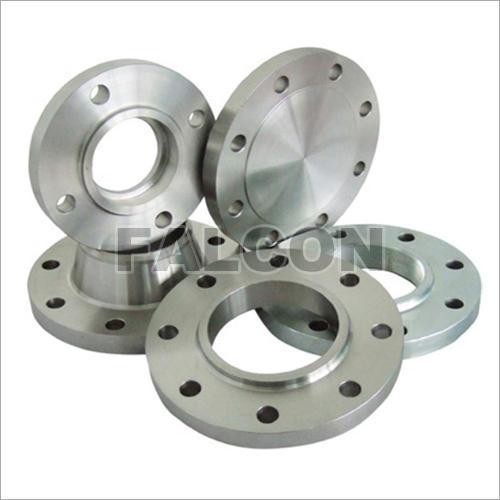Forged Flanges for Sale
Forged flanges play a critical role in countless industries, ensuring durability, reliability, and safety in fluid systems. These industrial components may seem simple, but their applications, manufacturing process, and advantages are remarkably complex and impressive.
What Are Forged Flanges?
Forged flanges are ring-like mechanical devices designed to connect pipes, valves, pumps, or other equipment within a piping system. Unlike cast or machined alternatives, these flanges are forged by applying intense pressure to metal billets, resulting in components with superior mechanical properties.
The Manufacturing Process of Forged Flanges
The manufacturing of forged flanges involves several precision-driven steps:
- Raw Material Selection: High-grade steel or alloys are selected for their durability and performance characteristics.
- Forging: Under extreme pressure and temperature, the raw material is shaped to improve grain structure, creating a stronger, denser product.
- Machining: After forging, the component is precision-machined to meet dimensional requirements.
- Heat Treatment: This process enhances strength, hardness, and corrosion resistance.
- Inspection: Every flange is rigorously inspected for defects to meet industrial standards.
Types of Forged Flanges
Weld Neck Flanges
Designed for high-stress applications, these flanges ensure a robust connection with a tapered hub.
Slip-On Flanges
Easier to install, slip-on flanges slide over the pipe and are welded in place.
Blind Flanges
Used to block off a pipeline or valve, these are crucial for maintenance and system testing.
Socket Weld Flanges
Ideal for smaller pipes, socket weld flanges ensure a secure and leak-proof joint.
Threaded Flanges
These flanges screw directly onto the pipe, eliminating the need for welding, perfect for low-pressure systems.
Why Choose Forged Flanges Over Other Types?
Forged flanges offer superior strength, impact resistance, and longevity compared to cast or fabricated flanges. Their forging process aligns the metal’s grain flow, eliminating weak points and ensuring uniformity.
Key Benefits Include:
- Durability: Resistance to wear and tear.
- Versatility: Suitable for high-temperature and high-pressure environments.
- Cost-Effectiveness: Long-lasting performance reduces replacement costs.
Applications of Forged Flanges
Forged flanges are indispensable in various industries:
- Oil and Gas: Connecting pipelines and ensuring leak-free performance under extreme conditions.
- Petrochemical: Handling aggressive chemicals safely.
- Power Plants: Withstanding high temperatures and pressures.
- Water Treatment Plants: Ensuring the seamless flow of clean or treated water.
- Shipbuilding: Used in marine environments due to their excellent corrosion resistance.
How to Select the Right Forged Flange?
Material Selection
Choose materials like stainless steel, carbon steel, or alloy steel based on the application environment.
Size and Pressure Rating
Ensure the flange meets the pipeline’s size and operating pressure requirements.
Standards and Certifications
Verify compliance with industry standards like ASME, ANSI, or DIN to ensure reliability and safety.
Maintenance and Care for Forged Flanges
Proper maintenance can significantly extend the lifespan of forged flanges:
- Regular Inspection: Check for corrosion, cracks, or misalignment.
- Cleaning: Remove debris or residue that could compromise performance.
- Lubrication: Apply suitable lubricants to bolts and threads to prevent wear.
Forged Flanges in Sustainable Applications
Forged flanges are increasingly used in renewable energy projects, including wind turbines and solar thermal systems. Their strength and reliability make them ideal for such innovative applications.
FAQs
What materials are used in forged flanges?
Forged flanges are typically made from carbon steel, stainless steel, or alloy steel, chosen based on specific industry requirements.
How do forged flanges differ from cast flanges?
Forged flanges are stronger and more durable due to the forging process, which enhances their mechanical properties compared to cast flanges.
Can forged flanges be customized?
Yes, forged flanges can be tailored to specific dimensions, pressure ratings, and material requirements.
What industries rely heavily on forged flanges?
Industries like oil and gas, petrochemical, power generation, and shipbuilding extensively use forged flanges.
How are forged flanges tested for quality?
Quality tests include ultrasonic inspection, radiographic testing, and pressure tests to ensure reliability and safety.
Are forged flanges environmentally friendly?
Yes, due to their durability and potential for recycling, forged flanges align with sustainable industrial practices.

